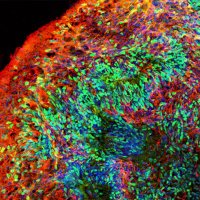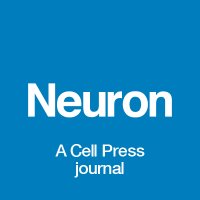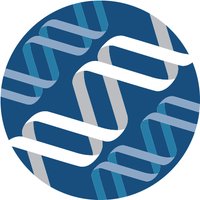
Peng Jiang Lab
@labjiang
create hPSC #organoid brain & #chimeric brain models to study #neurodevelopment, #aging, #DownSyndrome, #Alzheimers, & #Autism; develop glia replacement therapy
ID: 1231980628557561856
https://cbn.rutgers.edu/peng-jiang-lab/577-peng-jiang-lab-news 24-02-2020 16:34:41
289 Tweet
605 Followers
513 Following









Microglia replacement halts the progression of microgliopathy in mice and humans | Science Magazine science.org/doi/10.1126/sc…



